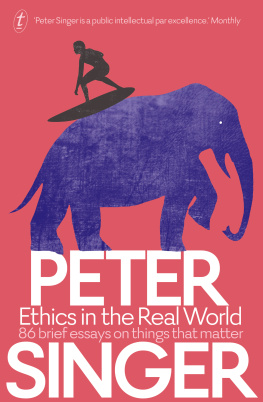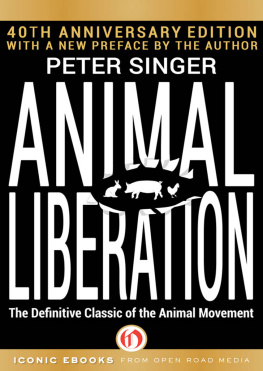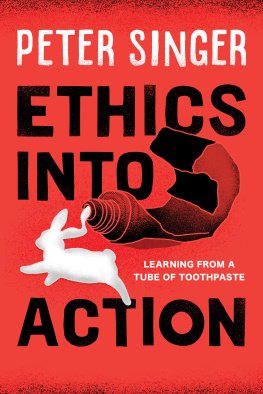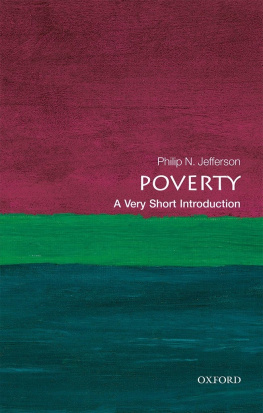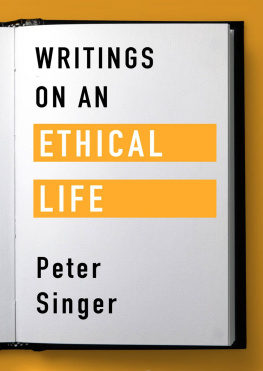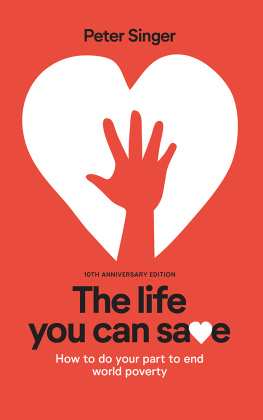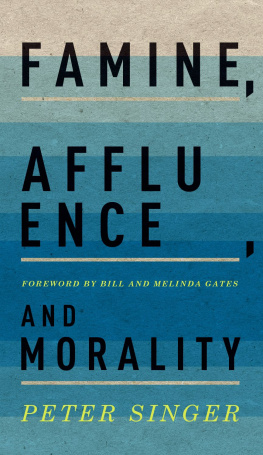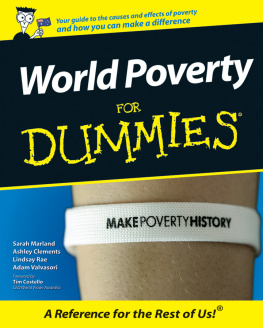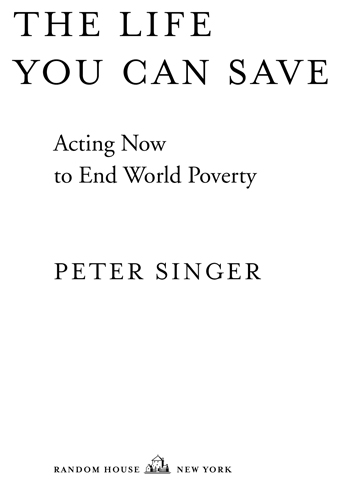Peter Singer - The Life You Can Save: Acting Now to End World Poverty
Here you can read online Peter Singer - The Life You Can Save: Acting Now to End World Poverty full text of the book (entire story) in english for free. Download pdf and epub, get meaning, cover and reviews about this ebook. year: 2009, publisher: Random House, genre: Politics. Description of the work, (preface) as well as reviews are available. Best literature library LitArk.com created for fans of good reading and offers a wide selection of genres:
Romance novel
Science fiction
Adventure
Detective
Science
History
Home and family
Prose
Art
Politics
Computer
Non-fiction
Religion
Business
Children
Humor
Choose a favorite category and find really read worthwhile books. Enjoy immersion in the world of imagination, feel the emotions of the characters or learn something new for yourself, make an fascinating discovery.

- Book:The Life You Can Save: Acting Now to End World Poverty
- Author:
- Publisher:Random House
- Genre:
- Year:2009
- Rating:5 / 5
- Favourites:Add to favourites
- Your mark:
The Life You Can Save: Acting Now to End World Poverty: summary, description and annotation
We offer to read an annotation, description, summary or preface (depends on what the author of the book "The Life You Can Save: Acting Now to End World Poverty" wrote himself). If you haven't found the necessary information about the book — write in the comments, we will try to find it.
For the first time in history, it is now within our reach to eradicate world poverty and the suffering it brings. Yet around the world, a billion people struggle to live each day on less than many of us pay for bottled water. And though the number of deaths attributable to poverty worldwide has fallen dramatically in the past half-century, nearly ten million children still die unnecessarily each year. The people of the developed world face a profound choice: If we are not to turn our backs on a fifth of the worlds population, we must become part of the solution.
In The Life You Can Save, philosopher Peter Singer, named one of The 100 Most Influential People in the World by Time magazine, uses ethical arguments, provocative thought experiments, illuminating examples, and case studies of charitable giving to show that our current response to world poverty is not only insufficient but ethically indefensible.
Singer contends that we need to change our views of what is involved in living an ethical life. To help us play our part in bringing about that change, he offers a seven-point plan that mixes personal philanthropy (figuring how much to give and how best to give it), local activism (spreading the word in your community), and political awareness (contacting your representatives to ensure that your nations foreign aid is really directed to the worlds poorest people).
In The Life You Can Save, Singer makes the irrefutable argument that giving will make a huge difference in the lives of others, without diminishing the quality of our own. This book is an urgent call to action and a hopeful primer on the power of compassion, when mixed with rigorous investigation and careful reasoning, to lift others out of despair.
Peter Singer: author's other books
Who wrote The Life You Can Save: Acting Now to End World Poverty? Find out the surname, the name of the author of the book and a list of all author's works by series.

